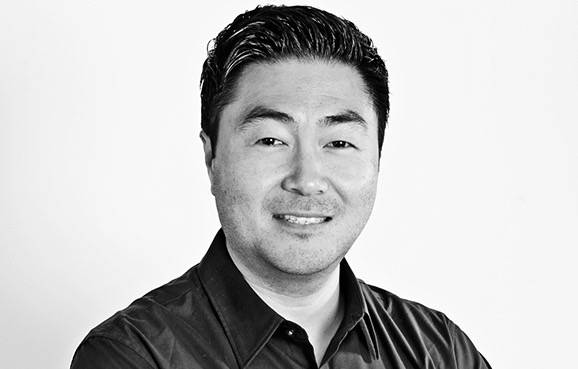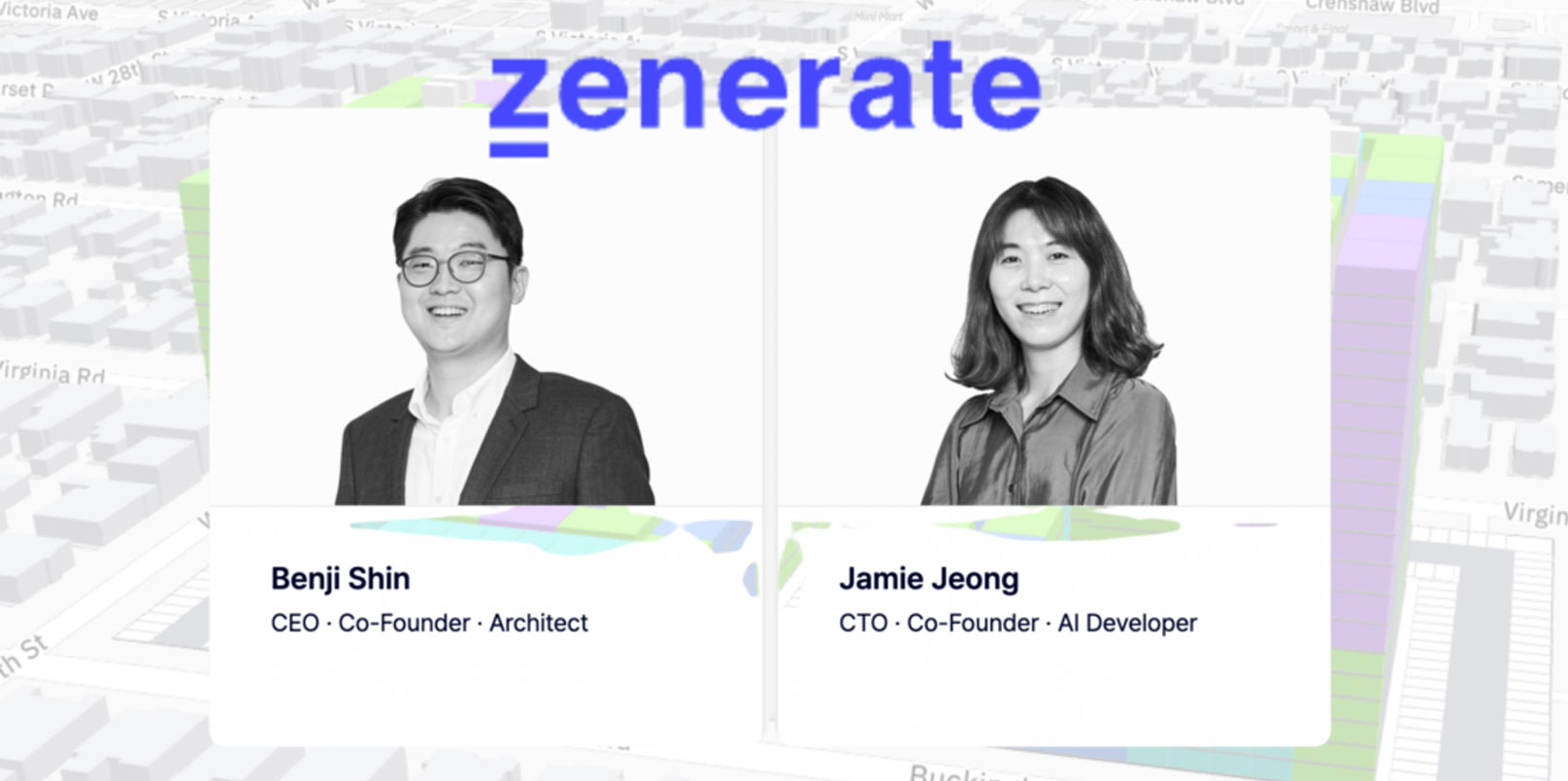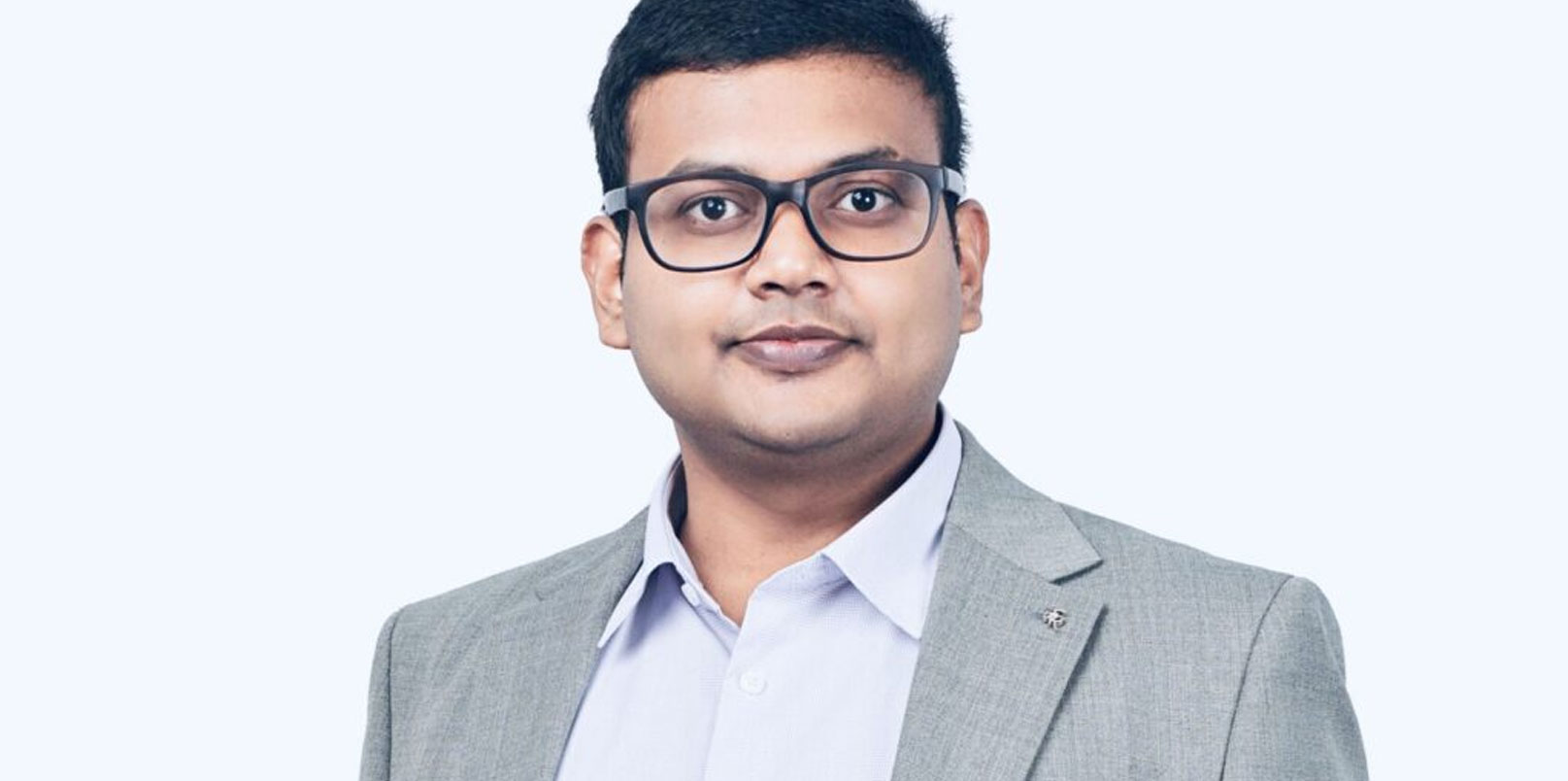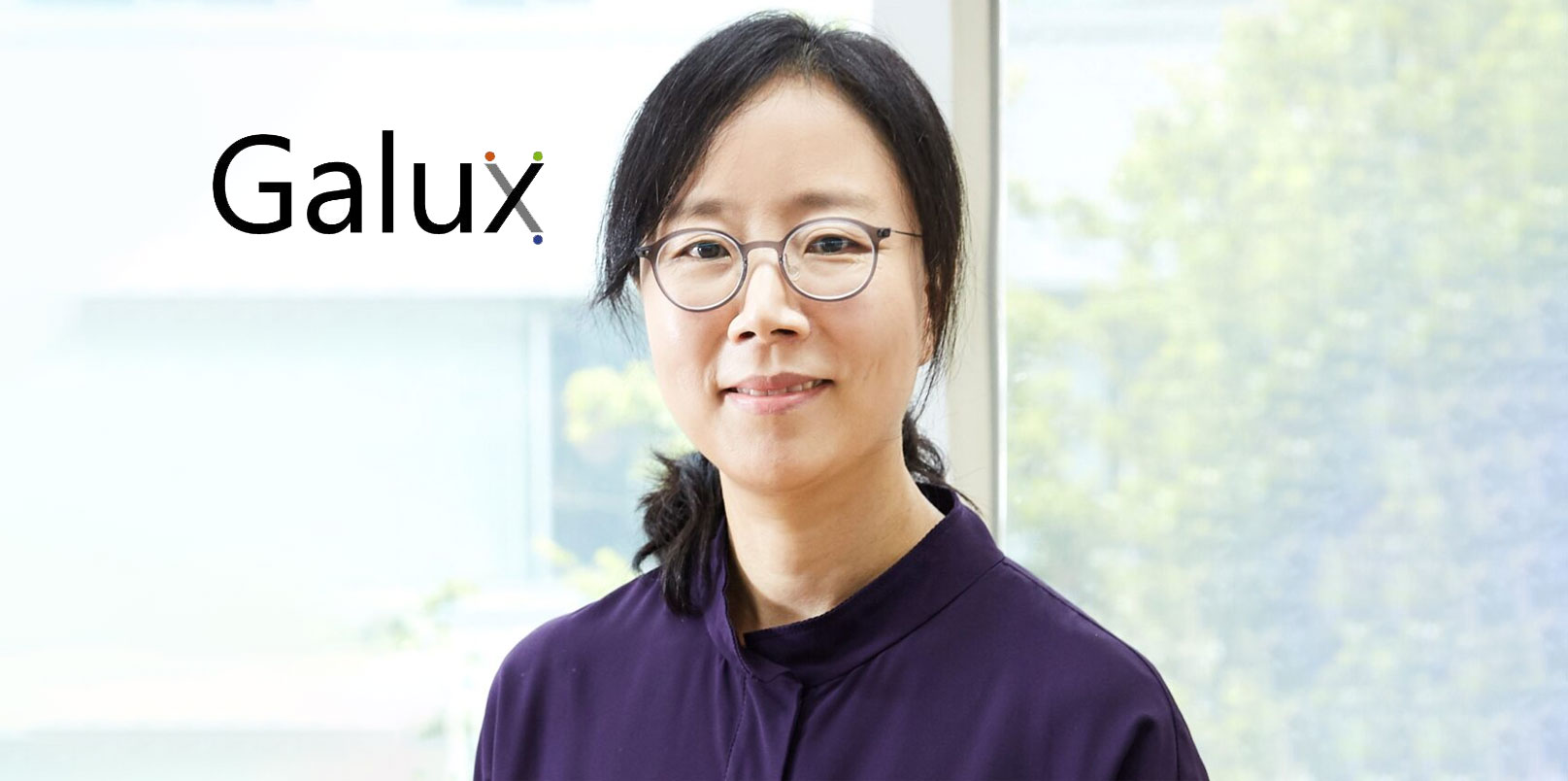He is an entrepreneur, seed investor and international venture capitalist with over 15 years of experience in Silicon Valley. Jai Choi has invested in over 100+ early stage companies since the inception of Tekton, a company he co-founded. Jai has led Tekton’s significant investment ventures including Coupang, Memebox, Frontier Car Group, Toss, Signifyd, Korbit, Bugcrowd, Hyperloop One, Outdoorsy, etc.
Jai is also Venture Partner for Partech Ventures, one of the largest U.S.-European venture capital firms with offices in San Francisco, Paris, and Berlin. Before Tekton Ventures, Jai was a partner with Ignite Ventures, a venture fund and advisory group with limited partners from major Asia-based technology conglomerates.
A graduate from the University of Southern California, Jai started his career in management consulting at PA Consulting Group, working for major telecom and energy companies. Jai was an early employee at OnePage Software, a content personalization platform acquired by Sybase in 2001. He previously co-founded On-Air Networks in 1997, an online radio company acquired by Loudeye (Nokia).
Jai is an accelerator mentor to Mucker Labs, SparkLabs and Draper University. Koreatechdesk.com interacted with Jai Choi about his views on investments and his advice to startups.
1. As an investor, what kind of startups have you invested in? and how did you find Korean startups like Coupang, Memebox, Toss, Althea, etc. to invest?
Leveraging on our extensive global network of entrepreneurs and investors, Tekton partners with category-defining companies in several strategic geographies around the world. Our mission is to partner with passionate entrepreneurs that exist in many parts of the world. Tekton Ventures focuses its investments in two different areas – the Silicon Valley and the fast-growing mobile/digitally connected markets throughout Asia (China, Korea, Southeast Asia), as well as selected technology centres (London and Israel). We invest across all major tech-enabled sectors that include consumer/marketplace, Fintech and enterprise.
Our approach to global investing is built around a partnership with local venture ecosystems that includes founders and local co-investors. We have built long-standing relationships with some of the best local seed and venture investors and founders in our geographies of focus.
We see our unique global perspective as a fundamental differentiator to building transformational companies and make that knowledge and network available across our entire community of entrepreneurs.
We started Tekton in a very organic way; we spun out Tekton from Partech Partners back in 2010 where I continue to be an active investing partner since 2006. Partech is a global venture firm with offices in SF, Paris, Berlin, and Africa with over $1.5B AUM. We saw the venture capital market evolving rapidly particularly around seed/early stage investing in the mid-2008 timeframe and started Tekton to invest at the seed stage and also diversify our geography coverage in rapidly developing countries throughout Asia where Partech at the time was not focused. Because of my long-standing history with Tekton and Partech, we leverage each other’s global resources and network to invest together not only in the US but globally including Asia.
Korea is one of our first markets we started to invest given my background and experience. We’ve been fortunate to partner with some notable companies in Korea very early in their evolution including Coupang, Toss, LinkShops, Memebox, etc. Each of the companies was typically referred to us through a mutual friend, former entrepreneur, angel investor and/or co-investor we know well. There are a variety of reasons a founder chooses us to partner with but fundamentally our global investing experience and network coupled with our relentless focus to serve founders globally has allowed us to work with some of the top entrepreneurs in Korea and globally.
2. What would be the core factor that you decide to invest in those companies?
Fundamentally our investment decision (given how early we typically like to invest at seed/A) is driven by our mission to partner with passionate entrepreneurs globally to build venture scale category-defining companies. We look for big markets and problems that are yet unsolved across consumer and enterprise areas. Other factors tend to be the details.
3. What’s your basic investment philosophy?
We have a basic algorithm or investing philosophy that has worked well for us especially at the seed. We look for potential for greatness, which starts with the founders that can demonstrate and communicate a particular vision for a product/service, and/or domain expertise to enter a big addressable Market/Geography that is ripe for disruption coupled with a credible and experienced team/capital plan to execute.
We prefer to stay behind the scenes and focus on understanding a founder’s business from a strategic and operational standpoint; to identify tangible ways to help companies through a company’s lifecycle. We seek entrepreneurs that seek partners that genuinely want to help versus investors looking to purely invest capital.
4. What’s your advice to entrepreneurs, who have a chance to meet (or pitch to) investors like you?
Focus on an area you are passionate about and have a unique understanding, expertise, etc. If you don’t have an expertise, build it up over time!
Be super clear and communicate your vision and know exactly your advantage and differentiation. And your advantage will change over time as you scale the business but be clear and pragmatic about your business plan.
Don’t look for an investor, look for a long-term business partner that share your values, ethical morals, open and transparent, but can bring a diverse set of skills and experiences to bear.
Again, super important to share your long-term vision. It’s a marathon, not a race. Every stage of the company will evolve, be clear on your operating plan at each stage and be able to share your key operating milestones at each inflection point of the company. Be humble to share areas you need help in, aka your “blind spots” of the business and your management experience.
Be intellectually curious and always be learning. Be humble. Don’t get carried away with the noise in the market that includes FOMO financings, etc. Stay focused and execute.
5. What’s your general thought (definition) about the term “Global”?
Given the rise of startup ecosystems proliferating across the globe and how technology mindset is the fundamental driver of economic growth everywhere, we believe it is imperative to think global from day one versus have one market only approach. As well, the rate of technology adoption will continue to increase with rapid platform shifts from PC to the Internet to mobile usage. As the whole food chain of technology is migrating to the cloud, we are seeing a whole category of opportunities opening up globally, which is unprecedented in today’s market environment.
We define “global” across a number of vectors when we partner with founders building global category leaders in their respective industry, market and geography. Global for us is fundamentally a “mindset” and “perspective” we look for in all of the founders we work with. In today’s rapidly evolving venture environment, we believe it is quite fundamental to view venture building with a global framework of best practices. Entrepreneurs need to evaluate the market opportunity before them with an international perspective whether you are a startup in San Francisco, Seoul, China, Berlin, Africa, etc. Given our international investing strategy at Tekton and Partech, we have seen first-hand how entrepreneurs innovate every day in their respective geographies and markets due to their global frameworks and perspectives they apply to their respective businesses. We work closely with our entrepreneurs to bring this global connectivity upfront given our network and experience.
6. What are the important factors for Korean startups to consider global expansion?
To build a sustainable and profitable business globally, we are big believers that it starts with knowing what your defensive “moats” around your company are. The term “moat” was popularized by Warren Buffet, and it refers to one’s ability to dominate a market. There are various moats that a Korean startup can have to expand globally at the right time. There are “economies of scale” moats whereby you can operate with lower cost, and compounding margins as you scale your business. Good examples include SaaS/Cloud companies like Salesforce, Slack. There are “network effect” moats whereby each additional user of your product accrues more value to every other user hence driving compounding value and leverage across the entire network. Companies such as Wechat, AirBnB, Uber, etc. We believe understanding what your moat ultimately is and will be is a necessary requirement before considering global efforts.
7. In your personal opinion, what are the strong and weak parts of Korean startups?
Strengths: A vibrant early stage venture community and ecosystem in Korea is still in its infancy in my opinion, which is quite encouraging. There is a ton of groundwork and foundation still to be built, which is what really excites us about Korea and Asia given the market is growing rapidly. I believe you are also starting to see an inflection point of startup activity where you have several prominent companies emerge in the country with Coupang, Toss, Woowa, etc. and thus slowly starting to see more risk-taking mindset permeating in the country from the second generation of entrepreneurs and alums emerging. As well, given the handful of unicorn companies that have raised successful growth financing from international investors, Korea venture startups are receiving more positive interest from a global venture perspective as they scale. This is just the beginning.
Weakness: With any early venture ecosystem, it requires time to mature and develop from the venture investors, entrepreneurs, government programs to the entire community supporting the local Korea startups. I believe today, local early-stage venture capital in Korea is quite active. Given today’s major growth financings of top Korea startups have occurred from investors typically outside the region like Softbank Vision, Hillhouse, Sequoia, etc., I would also imagine as the local venture ecosystem matures, you will start to see larger pools of capital accessible to local Korean founders from local funds like Altos, Softbank Asia, and funds outside the region, which is a sign of a healthy ecosystem developing.
8. As you know, our media group company name is “beSUCCESS”, what’s your definition of the term “success” as an investor or as an individual human being?
Success as an investor should not be only measured by our overall investment track record of partnering with great founders.
We prefer to focus on our mission to serve and partner with fearless founders that work tirelessly to build category-defining companies globally that brings positive economic and societal value.
We are fortunate to wake up every day to work with some of the brightest and ambitious entrepreneurs. Our measure of success and ultimate satisfaction comes from the long-standing relationships and referrals we receive every day through our entrepreneurs, co-investors, and partners.
9. How do you expect “S. Korea” as a country to evolve in the future?
I would expect the country to continue its efforts to build a passionate iterative entrepreneurial mindset in its economy and culture. My hope is that the entrepreneur ecosystem, as well as the next generation of entrepreneurs, will encourage the country’s citizens to think and act globally and operate more like founders of a forwarding looking country that can influence and impact global markets and trends.
10. When you come to Korea next time, what kind (entrepreneur type or startup industry) of Korean entrepreneurs and startups you want to meet?
We are looking for hungry entrepreneurs that have a passion and ambition to succeed and win. We want to partner with entrepreneurs as early as possible who have a fundamental drive and grit to succeed. And a founder that wants a long term business partner based on trust.
As always you can follow KoreaTechDesk and Jai on Twitter here!





